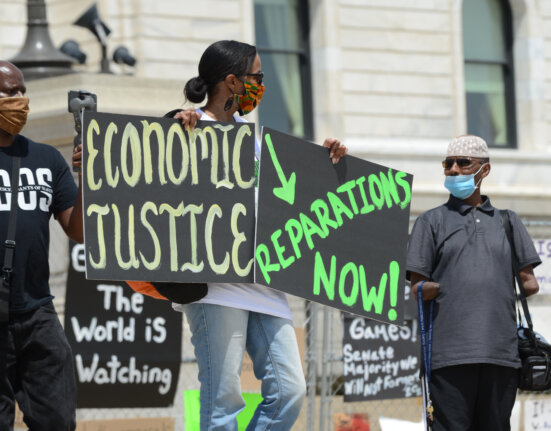As more and more new history graduates pursue careers outside academia—out of choice or necessity—and with many scholars now part of the “gig economy,” the LAWCHA Board is taking steps to reach out to this diverse and growing cohort.
In April, Board members approved a series of recommendations by the Ad-hoc Committee on Independent Scholars that begins addressing concerns specific to independent historians and moves forward a survey process to facilitate sharper identification of member demographics.
The LAWCHA Board approved the following Ad-hoc Committee recommendations:

- Create a conference travel grant to assist independent scholars attend LAWCHA conferences at the same level of funding as the grant for graduate students and contingent faculty.
- Form a volunteer review panel whose members will peer review the work of independent scholars and any LAWCHA member, including graduate students.
- Conduct a survey among members to better understand the extent to which members are employed at specific academic institutions such as research universities, teaching colleges and community colleges; are independent scholars, contingent faculty, or identify as both; and to assess their needs.
To ensure the process remains ongoing, LAWCHA made the Ad-hoc Committee on Independent Scholars a standing committee. The committee was tasked with developing the survey instrument and is working with the LAWCHA Contingent Faculty Committee to finalize the draft.
Resource Access Key Issue for Independent Scholars
The LAWCHA Board formed the Ad-hoc Committee on Independent Scholars in June 2017, and its nearly one-dozen members examined how LAWCHA could address issues specific to independent scholars and take steps to better enable independent historians to practice their craft as well as fully participate in LAWCHA.
Ad-hoc Committee members reflected the broad range of those who identify as independent scholars, and included adjunct faculty, public historians, and those without institutional affiliation whose primary income does not derive from scholarship.
Committee members agreed that resource access is a key issue: Independent scholars have limited ability to attend academic conferences or travel for research because of a lack of funding; cannot tap into IRB review; and have minimal or no access to libraries and online databases.
For instance, historians’ most basic tool, JSTOR, is out of reach for most independent scholars. While those not affiliated with academic organizations can purchase an annual “JPASS” account for $200 (sometimes less through associational discounts), JPASS does not include the full range of journal articles available in JSTOR and does not make recent issues accessible.
Participants also concurred that much awareness-raising must be done within LAWCHA membership about the issues of independent scholars because even sympathetic labor scholars who are quick to support “gig” economy workers, fail to recognize the gig economy academics in their own ranks.
LAWCHA’s organizational support for social justice and working class issues makes it especially pertinent for the association to address inequities experienced by independent labor historians. LAWCHA’s support for independent historians’ recommendations is a strong first step in taking seriously the need to rectify the increasing disparity between the dwindling ranks of full-time scholars and the increasing numbers of those without full academic association.







